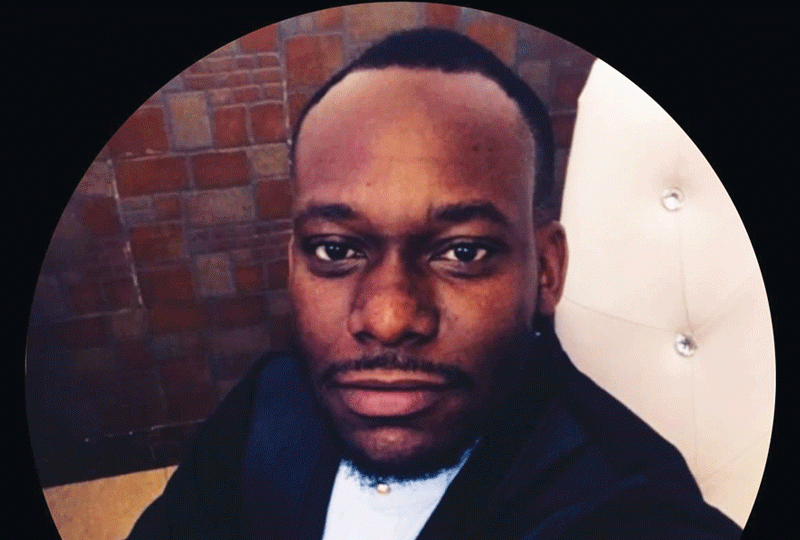
JUNE 20, marks the annual commemoration of World Refugee Day. It is an opportune moment to celebrate the strength and bravery of people who have been forced to flee their home country to escape conflict or persecution.
This year’s World Refugee Day theme is Hope away from Home, a world where refugees are always included. Arguably, it is a theme born out of the realisation that refugees have become a permanent feature of the modern State.
As the world commemorates World Refugee Day, it is necessary to consider refugees’ current plight in Africa in order to offer future directions for ensuring that they are always safe and included in the host nations. Thus far, refugees continue to live in profoundly unsettling circumstances throughout Africa.
The United Nations High Commissioner for Refugees states that over 36 million people have been forcibly displaced throughout Africa, and 25% of these are refugees or asylum seekers. Although the East and Horn of Africa house the majority of refugees in Africa, no country on the continent has been spared the pain of those who have been forcibly uprooted from their homeland.
Perhaps the greatest concern in the refugee crisis in Africa and the rest of the world has been the management and protection of refugees.
The history of refugeehood based on the refugee regime and durable solutions has demonstrated that the bureaucratic categorisation of refugees does not ipso facto translate to empirical reality.
This is evident in several African nations, like South Africa, Zimbabwe, Tunisia, Zambia, and of late Malawi, where the refugee status paradoxically denies refugees opportunities and makes them constantly fearful of being harassed and exploited because the support and protection systems are inadequate.
Refugees’ lives have unavoidably been endangered.
- Chamisa under fire over US$120K donation
- Mavhunga puts DeMbare into Chibuku quarterfinals
- Pension funds bet on Cabora Bassa oilfields
- Councils defy govt fire tender directive
Keep Reading
While there are many elements that contribute to such a situation, it is mostly the gap between refugee law and politics at the local, regional, and sub-regional levels in Africa that has had a detrimental effect on refugee protection.
In terms of managing refugees, politics has prevailed over legislation.
The most troubling aspect is that the influence of politics on refugee policing has frequently gone unnoticed.
Politicians play a big part in creating and perpetuating perceptions that can be connected with migrants because of their prominent position in the daily discourses and formal authority over decisions.
By addressing the resettlement, integration and repatriation of refugees from their own political vantage point, politicians foster particular attitudes, and beliefs about refugees among their followers and policy implementers.
As a way forward, it is important to close the gap between politics and law in refugee protection.
In attaining this, a leading role should be played by refugee bodies, advocates, and institutions, who should initiate measures that consider the roles of political players, policymakers, and implementers including stakeholders.
This should revolve around a continuous engagement process between State players and advocates for refugees, which must be initiated by the latter.
The refugee’s advocates have a role to play in raising awareness and establishing policies that incorporate leading politicians of the day.
Refugee issues must be taken seriously at regional and sub-regional levels in Africa.
Sub-regional groups of the regional economic communities as well as the African Union, must continuously and actively participate in resolving the refugee problem.
These organisations can assist States through engagement with those experiencing refugee crises in order to confront the push forces that result in forced displacement.
The blocs may also engage the refugees in their own regions, learning from their experiences.
Without initiatives that are politically related and inclusive of the political players at all levels through on-going engagement processes, the security and human rights of refugees in African States will remain in jeopardy.
- Norman Pinduka (PhD) is an international relations and political science expert. He has research interests in African politics, international relations and migration studies. He has taught at the University of Zimbabwe and has also worked as a senior research fellow at the Southern Africa Political and Economic Series Trust. He currently teaches in the International Relations Department at Africa University, Mutare









